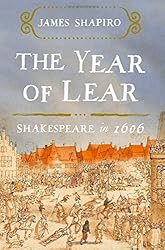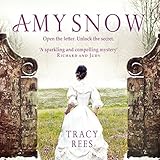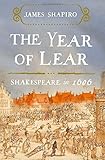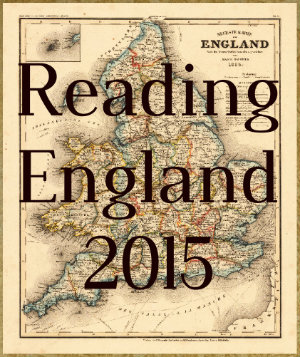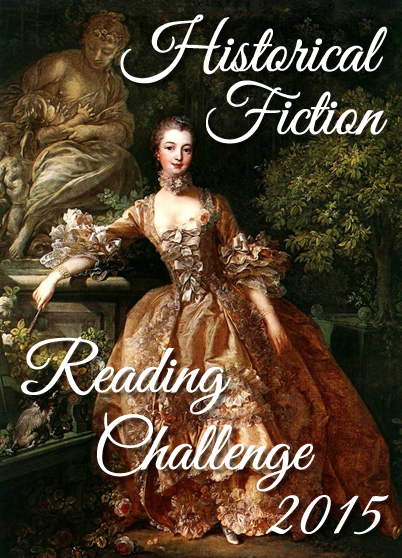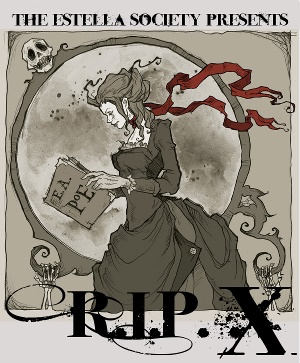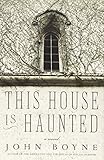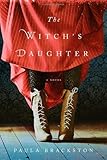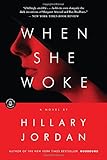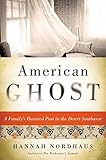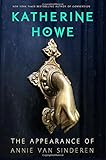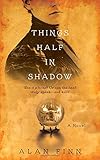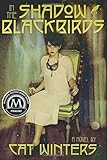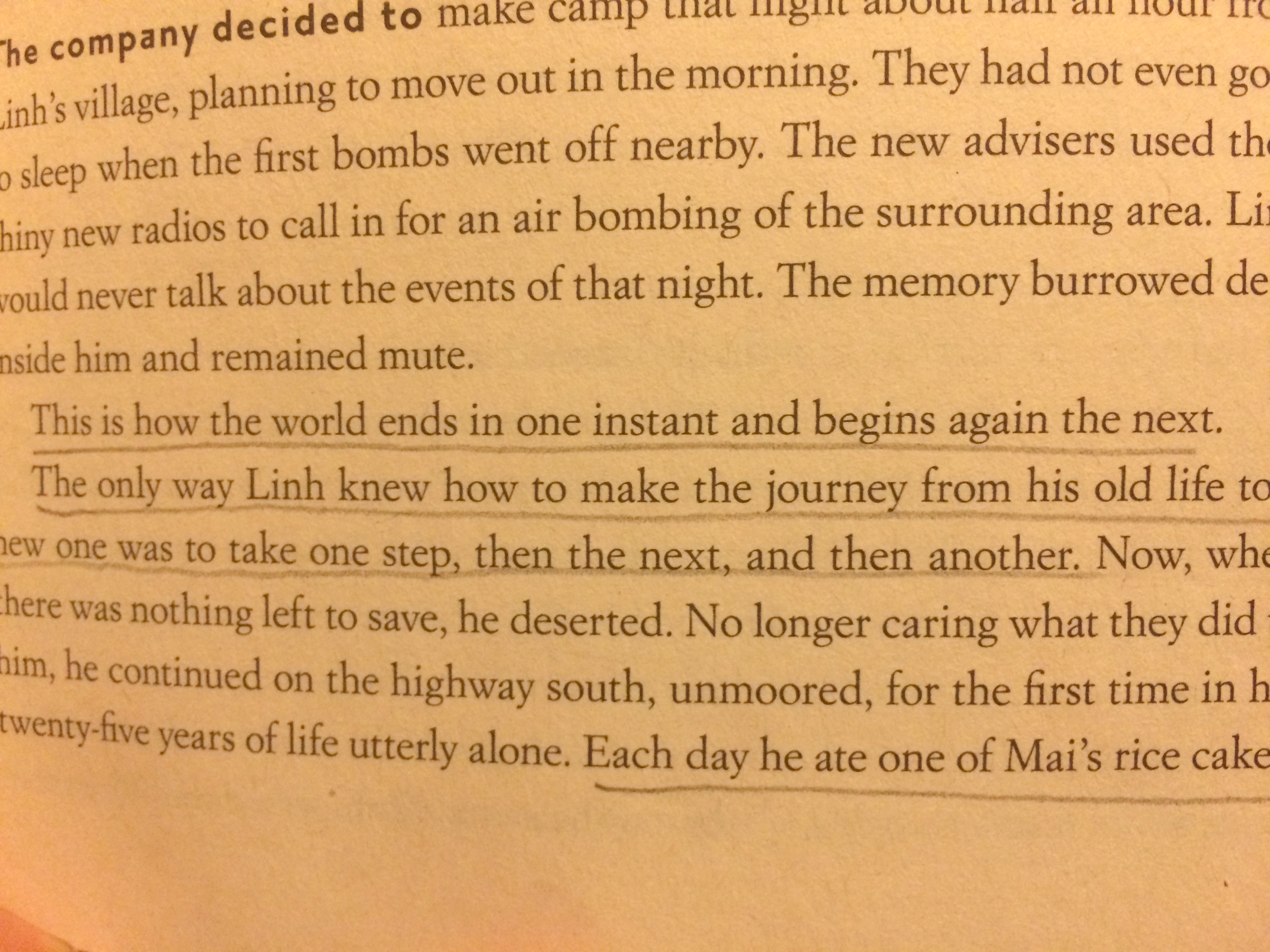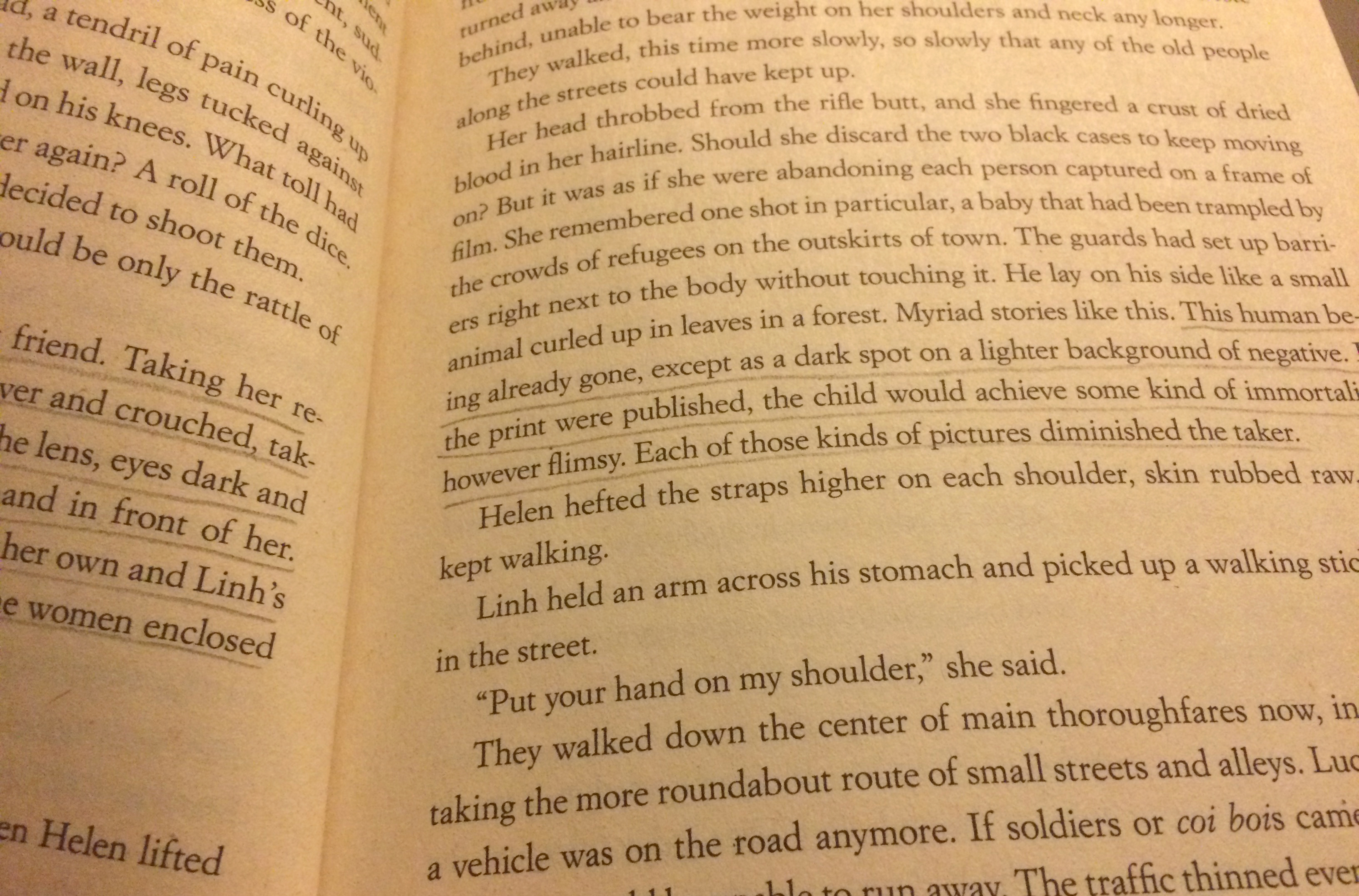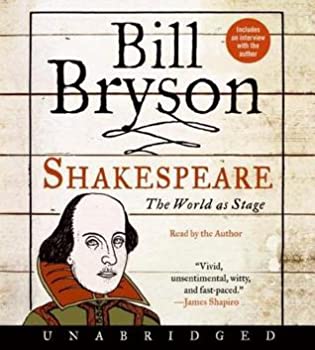 Shakespeare by Bill Bryson
Shakespeare by Bill Bryson Narrator: Bill Bryson
Published by HarperAudio on October 23, 2007
Genres: Biography, History, Nonfiction
Length: 5 hours 28 minutes
Format: Audio, Audiobook
Source: Library
Buy on Amazon
Goodreads

William Shakespeare, the most celebrated poet in the English language, left behind nearly a million words of text, but his biography has long been a thicket of wild supposition arranged around scant facts. With a steady hand and his trademark wit, Bill Bryson sorts through this colorful muddle to reveal the man himself.
Bryson documents the efforts of earlier scholars, from today's most respected academics to eccentrics like Delia Bacon, an American who developed a firm but unsubstantiated conviction that her namesake, Francis Bacon, was the true author of Shakespeare's plays. Emulating the style of his famous travelogues, Bryson records episodes in his research, including a visit to a bunkerlike room in Washington, D.C., where the world's largest collection of First Folios is housed.
Bryson celebrates Shakespeare as a writer of unimaginable talent and enormous inventiveness, a coiner of phrases ("vanish into thin air," "foregone conclusion," "one fell swoop") that even today have common currency. His Shakespeare is like no one else's the beneficiary of Bryson's genial nature, his engaging skepticism, and a gift for storytelling unrivaled in our time.
If you’ve seen my most recent reviews, you might have noticed I’m on a bit of a Bill Bryson kick right now. I had been wanting to read this book for a while, but for one reason or another, I hadn’t moved it from my TBR pile to my reading pile. The other day, I had to put a hold on an audiobook I wanted from the library, and I figured I’d see if I could listen to this one instead, especially as it is short. Yesterday, the book I had put on hold became available to check out, so I thought I should try to finish this book up.
Did I learn anything new here? Well, not really, but that’s only because I’ve read a lot about Shakespeare. I’m no expert, but I have been teaching his plays for over 20 years, and I have taken coursework in addition to the reading I’ve done. I think the average casual reader would learn quite a bit.
Bryson is by no means a Shakespeare scholar, but what he writes in this slim book corresponds with what I have learned from others. The book’s brevity and humor might make it more accessible for some people interested in learning more about what we can know definitively about William Shakespeare. The truth is, we know quite a lot, particularly for a man of the sixteenth/seventeenth centuries. He’s one of the most dissected people to have lived, and unlikely new discoveries are sometimes made. Bryson recounts a few of these in the book. He carefully veers away from speculating when we don’t really know—which is refreshing because people fill in the gaps of our knowledge of Shakespeare’s life in some really strange ways. I thoroughly enjoyed this book for what it was meant to be: a brief biography based entirely on what we know about William Shakespeare.
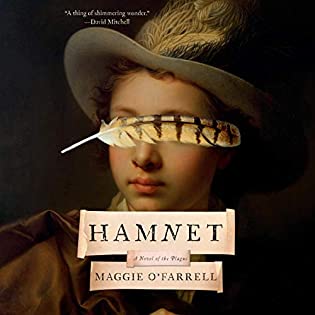 Hamnet by
Hamnet by 

